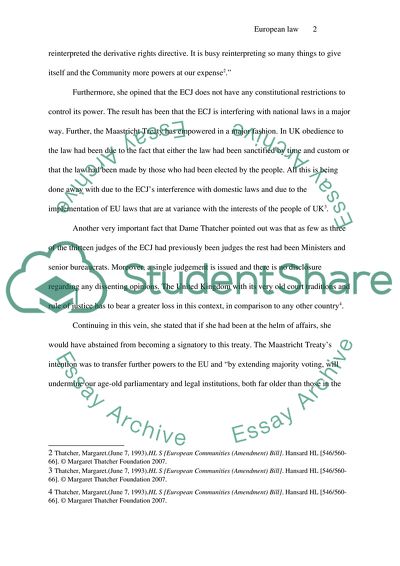Cite this document
(European Law Assignment Example | Topics and Well Written Essays - 3000 words - 1, n.d.)
European Law Assignment Example | Topics and Well Written Essays - 3000 words - 1. https://studentshare.org/law/1705985-european-law
European Law Assignment Example | Topics and Well Written Essays - 3000 words - 1. https://studentshare.org/law/1705985-european-law
(European Law Assignment Example | Topics and Well Written Essays - 3000 Words - 1)
European Law Assignment Example | Topics and Well Written Essays - 3000 Words - 1. https://studentshare.org/law/1705985-european-law.
European Law Assignment Example | Topics and Well Written Essays - 3000 Words - 1. https://studentshare.org/law/1705985-european-law.
“European Law Assignment Example | Topics and Well Written Essays - 3000 Words - 1”. https://studentshare.org/law/1705985-european-law.


